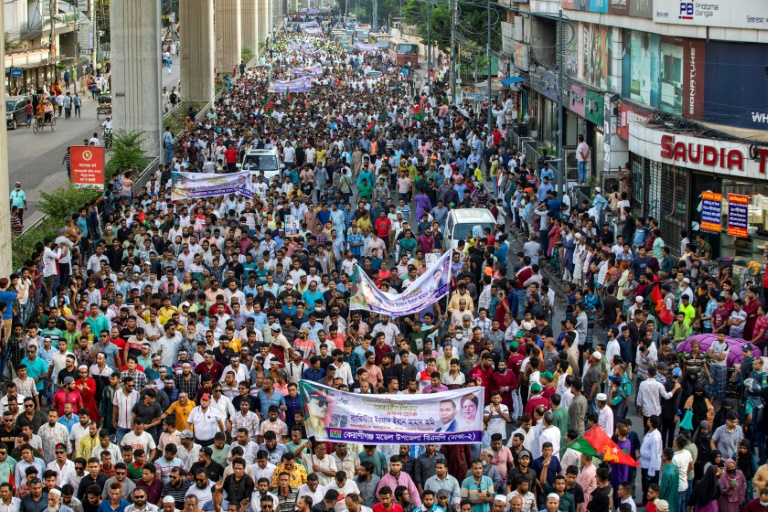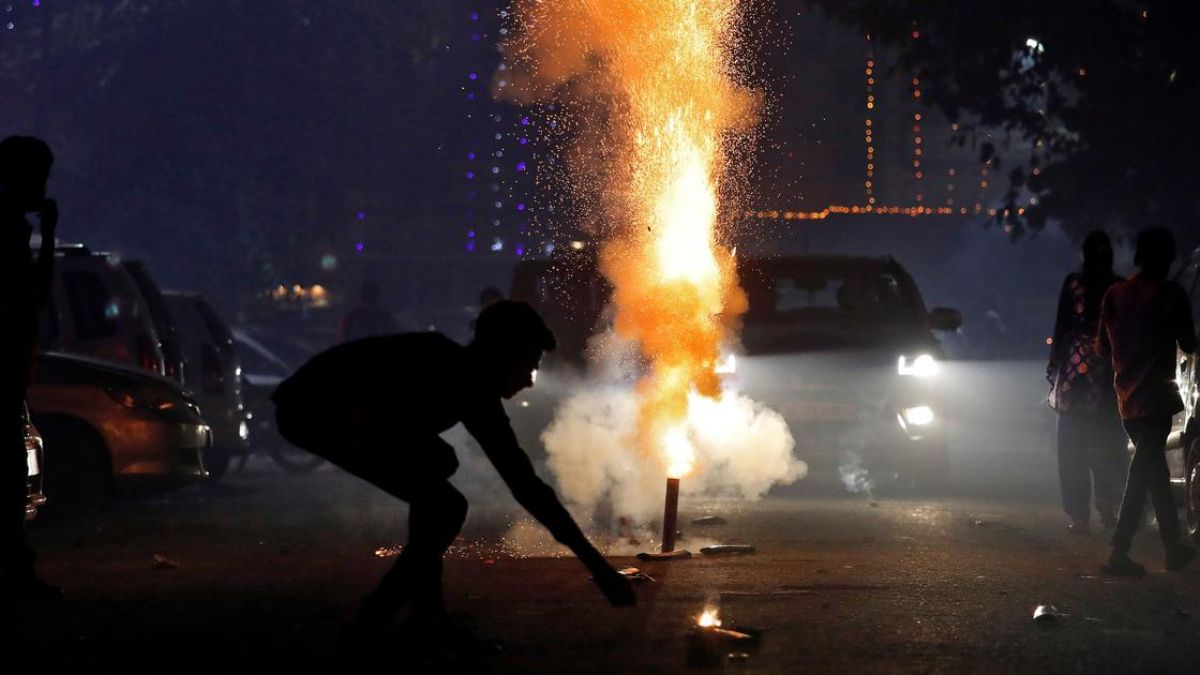DUBAI, United Arab Emirates (AP) — Teams of veteran negotiators fanned out Friday at the United Nations climate conference with orders to get the strongest, most ambitious agreements possible, especially on the central issue of the fading future of fossil fuels for a dangerously warming planet.
The leadership of climate talks, called COP28, sent out four pairs of veteran and high-level ministers to push countries together on four key but stubborn issues as the summit went into its second week after a day of rest Thursday.
New proposed language on how to curb warming released Friday afternoon strengthened the options for a phase-out of fossil fuels that negotiators could choose from. Four of the five options call for some version of a rapid phase-out.
Environmental advocates grudgingly praised some of the options in the expanded 27-page draft, but tempered that by pointing out that nearly every option includes the possibility of not saying anything about the topics being negotiated, including phasing out fossil fuels.
READ MORE: Should fossil fuels be phased out or slowly phased down? Leaders to discuss at COP28
“The text includes options explicitly calling for the phasing out of fossil fuels in line with the best available science. That’s clearly a positive step,” said Mohamed Adow, director of Power Shift Africa. “The text also includes important recognition of fairness in regards to developing countries.”
“The bare bones of a historic agreement is there,” he said. “What we now need is for countries to rally behind the stronger of the options and strengthen them further.”
Making a possible final document stronger was also a priority for top United Nations officials.
“It’s go time for governments at COP28 this week,” U.N. Climate Chief Simon Stiell said at a press event. “If we want to save lives now and keep (the international goal of 1.5 degrees Celsius, 2.7 degrees Fahrenheit, of warming since pre-industrial times) within reach, the highest ambition COP outcomes must stay front and center in these negotiations.”
Stiell underlined the challenge ahead if the world doesn’t limit emissions, describing ice shelves melting to cause catastrophic flooding in coastal cities around the globe.
“If we pass these key thresholds, we can never go back from the planet’s perspective,” he said. A report released Wednesday on the sidelines of the summit warned that melting of ice sheets could reach the point of no return with more warming.
COP28 President Sultan al-Jaber said he was “quite positive, hopeful and optimistic” that the summit could bring a “paradigm shift centered around and based on the science.”
READ MORE: Oil companies pledge at COP28 to slash methane pollution, but critics call it a ‘smokescreen’
Members of the four pairs of high level special teams — who will work with negotiators from nearly 200 countries — said they too thought they’d be able to get the job done.
“I think there is some momentum. Having spoken to all parties’ groups of countries for months now there really is this sense of urgency,” Denmark’s Environment Minister Dan Jorgensen, told The Associated Press. “We need an agreement, so I am optimistic.”
EU countries, some Latin American countries and the small island countries often victimized by climate change are aligned on calling for a phase-out of fossil fuels, negotiators said.
Two groups of countries are likely to oppose, in some manner, a full and quick phase out of fossil fuels, said World Resources Institute CEO Ani Dasgupta. One is developing nations, like India and Indonesia, that think they need fossil fuels to power up their economies, but with financial and other aid, they can be pulled out of that position, he said.
The other group are fossil fuel producers. The United States is the biggest oil producer in the world and Special Envoy John Kerry earlier this week said the U.S. is committed to supporting strong phase-out language. But a big country looming against it is Saudi Arabia and they are close partners with the United Arab Emirates, the country hosting and running the conference, Dasgupta said.
The UAE has a lot to gain from a successful climate conference and “I think they will bring Saudi Arabia as close as possible,” Dasgupta said. When asked at a press conference about working with Saudi Arabia, al-Jaber, who also leads his country’s national oil company, avoided answering that part of the question.
READ MORE: Poorer nations use COP28 to pressure rich world on climate solutions, with pope’s support
The Arab group is a major blocker so far, a negotiator said. The official spoke on condition of anonymity to avoid affecting negotiations.
“I felt from the consultations that very many parties understand that we have to have a real progress on mitigation,” climate talk for emissions cuts, said Norway Foreign Minister Espen Barth-Eide. “That was not as true in Sharm el-Sheikh” in 2022 climate talks.
Annalena Baerbock, Germany’s foreign minister, said: “What we need to be successful here is to achieve the goal of phasing out fossil fuels … not emissions. It does make quite a substantial difference.”
European negotiators provided some extra hope. The EU goal is to cut emissions by 55 percent by 2030, but European Commissioner Wopke Hoekstra said Friday that the European parliament hopes to do better than than and instead slice 57 percent.
Negotiators said there is a sense of urgency because of floods, droughts, storms and heat waves in a world that keeps setting heat records.
“We cannot negotiate with nature,” Jorgensen said. “The climate cannot compromise.”
As analysts and activists examined the new text they kept looking for more clarity, especially when it comes to fossil fuels and adaptation plans.
The frequent use of phase-out in the draft is good, “but it also has terms that would leave parties in an ambiguous position,” said Jamal Srouji of World Resources Institute. He worried that it would not tell people clearly “who needs to do what when.”
“We have never been closer to an agreement on a fossil fuel phase-out,” said Oil Change International’s Romain Ioualalen.
Asked when talks would start to go around the clock, Danish negotiator Jorgensen looked at his watch and said, “Now.”
Associated Press journalist Sibi Arasu and Gaurav Saini from The Press Trust of India contributed to this report.





)

